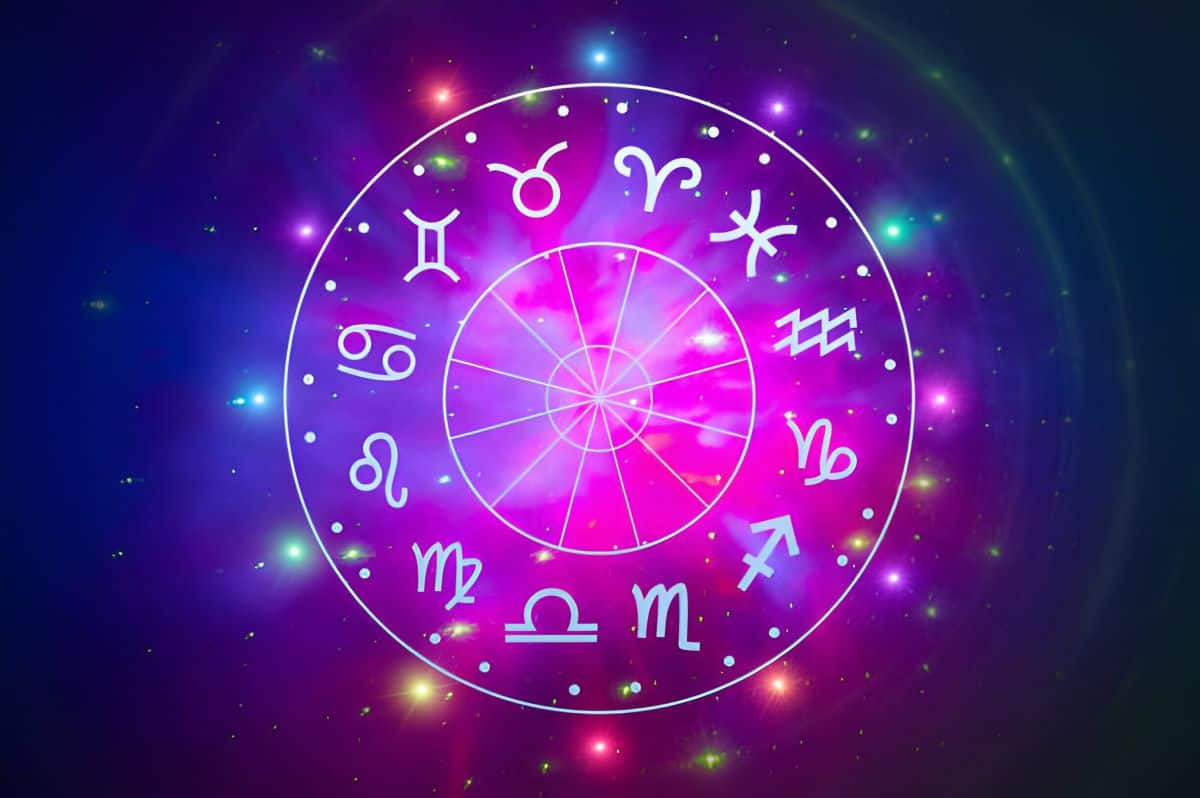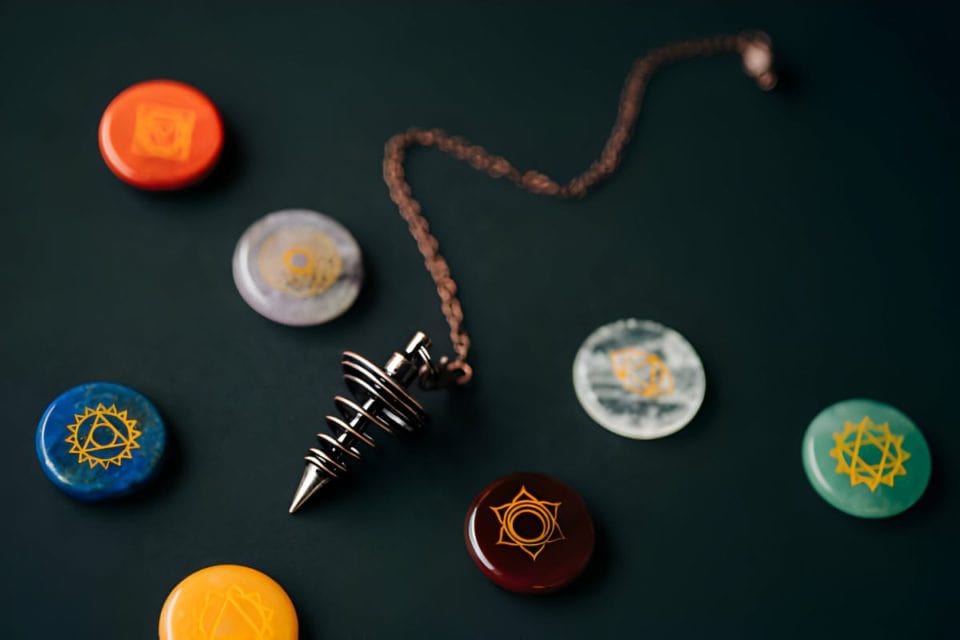Have you ever felt like you just can’t catch a break? Despite your best efforts, relationships falter, projects stall, and chaos reigns during specific frustrating periods.
According to Vedic astrology, the ancient system originating over 5,000 years ago in India, turbulent phases often coincide with periods where key planets appear to move backward across the sky – what modern astronomers call apparent retrograde motion.
When swift-footed Mercury, romantic Venus, and other planetary heavyweights seem to slow down or reverse course from our earthly view, their cosmic forces intensify, and inner planets Mercury, Venus, and Mars beam a powerful beam into our personal worlds.
The ancient correlation between planet dances and turmoil remains relevant today. Let’s explore why you may feel stuck when Mercury is retrograde and how to flow in harmony with the mysterious retrograde cycles.
Understanding Retrograde Planets in Vedic Astrology
In Vedic astrology, retrograde motion is not just an astronomical occurrence; it’s a profound symbolic language that speaks volumes about our personal journey.
When discussing retrogradation, we’re delving into a realm where celestial bodies seem to reverse their course in the sky. This phenomenon, while an optical illusion from Earth’s perspective, holds significant astrological meaning.
This ancient wisdom is a gift to humanity. It facilitates understanding karma by studying destiny patterns in a chart to remove sorrow and bring light into our lives.
The Dance of Retrogradation
Imagine planets in our solar system as dancers on a cosmic stage. Occasionally, some dancers pause and step back before resuming their forward motion.
This backward step is what we refer to as retrograde motion. It occurs due to Earth’s relative positioning and movement concerning other planets.
As Earth overtakes a planet in its orbit, the planet appears to move backward in the sky. This is similar to how a slower train moves backward when viewed from a faster-moving train.
The Retrograde Roster
In Vedic astrology, not all planets undergo retrogradation. Here’s a quick overview:
- Mercury: Goes retrograde about three to four times a year, each lasting around three weeks.
- Venus: Retrogrades roughly every 18 months, with each retrograde phase lasting about six weeks.
- Mars: Enters retrograde approximately every two years, for about two months at a time.
- Jupiter, Saturn: These outer planets have more extended retrograde periods due to their distance from the Sun.

Retrogradation In Vedic Astrology vs Western Astrology
In Western astrology, retrograde planets are seen as weak. Still, since Vedic astrology or Jyotisha is oriented on how planets appear in the sky, retrograde planets are seen as vital since retrograde planets are closest to the earth and, therefore, brighter and more significant to the naked eye.
The potential of what a planet stands for can be seen in its rawest form, influencing the native in a powerful way; imagine something right in front of you that is challenging to miss, although maybe without refinement, it shows itself as it is.
Retrogradation and Its Influence on Personal Traits
Retrogradation in Vedic astrology is not just a celestial event; it’s a profound influence that can shape the very core of our personality.
This cosmic backspin brings an introspective twist to our traits and behaviors, often revealing hidden facets of our character. Let’s explore how retrograde planets can shape our personalities, offering a unique lens through which to view ourselves.
Mercury Retrograde: Communication and Thought
Mercury, the messenger of the gods, rules communication, intellect, and reasoning. When Mercury retrogrades, the universe asks us to pause and listen rather than speak.
This period is an invitation to revisit old conversations and unfinished dialogues, often bringing clarity to previously misunderstood situations.
Actionable Insight: Embrace journaling or quiet contemplation during Mercury retrograde. It’s a perfect time for revisiting old ideas with a fresh perspective.
Venus Retrograde: Love and Values
Venus governs love, beauty, and personal values. We tend to introspect about what and who we value during its retrograde.
Actionable Insight: Use Venus retrograde to assess your relationships and personal values. Are your current connections reflecting your true self?
Mars Retrograde: Action and Desire
Mars is the planet of energy, action, and desire. When retrograde, it tends to mellow down the fiery energy of Mars, leading to a more measured approach to achieving goals.
Actionable Insight: Reflect on your ambitions and actions. Are they in alignment with your true desires? Mars retrograde is a time for strategic planning rather than impulsive moves.
Jupiter and Saturn Retrograde: Beliefs and Responsibilities
Jupiter’s retrograde phase can trigger a reassessment of personal beliefs and philosophies, while Saturn’s retrograde often brings lessons about responsibility and discipline.
Actionable Insight: Contemplate your life’s larger goals and how you fulfill your duties. It’s a period for grounding your dreams in reality.
Final Words
As we conclude our exploration of the impact of retrograde planets on personal life in Vedic astrology, it’s clear that these celestial movements are more than mere astral occurrences; they are powerful influencers of our journey.
From Mercury shaping our communication to Venus and Mars affecting our relationships and actions, each retrograde planet brings a unique opportunity for introspection and growth. Understanding these cosmic influences allows us to navigate life with greater awareness and adaptability.
As you reflect on the insights provided by retrograde planets, remember that astrology offers a guide. Still, the true mastery of life lies in how we use this knowledge to enhance our personal growth and understanding.
Embrace the lessons and opportunities presented by each retrograde period, using them as tools for self-discovery and transformation in your ongoing journey through life.
Check our blogs to learn more about Ayurvedic life.




